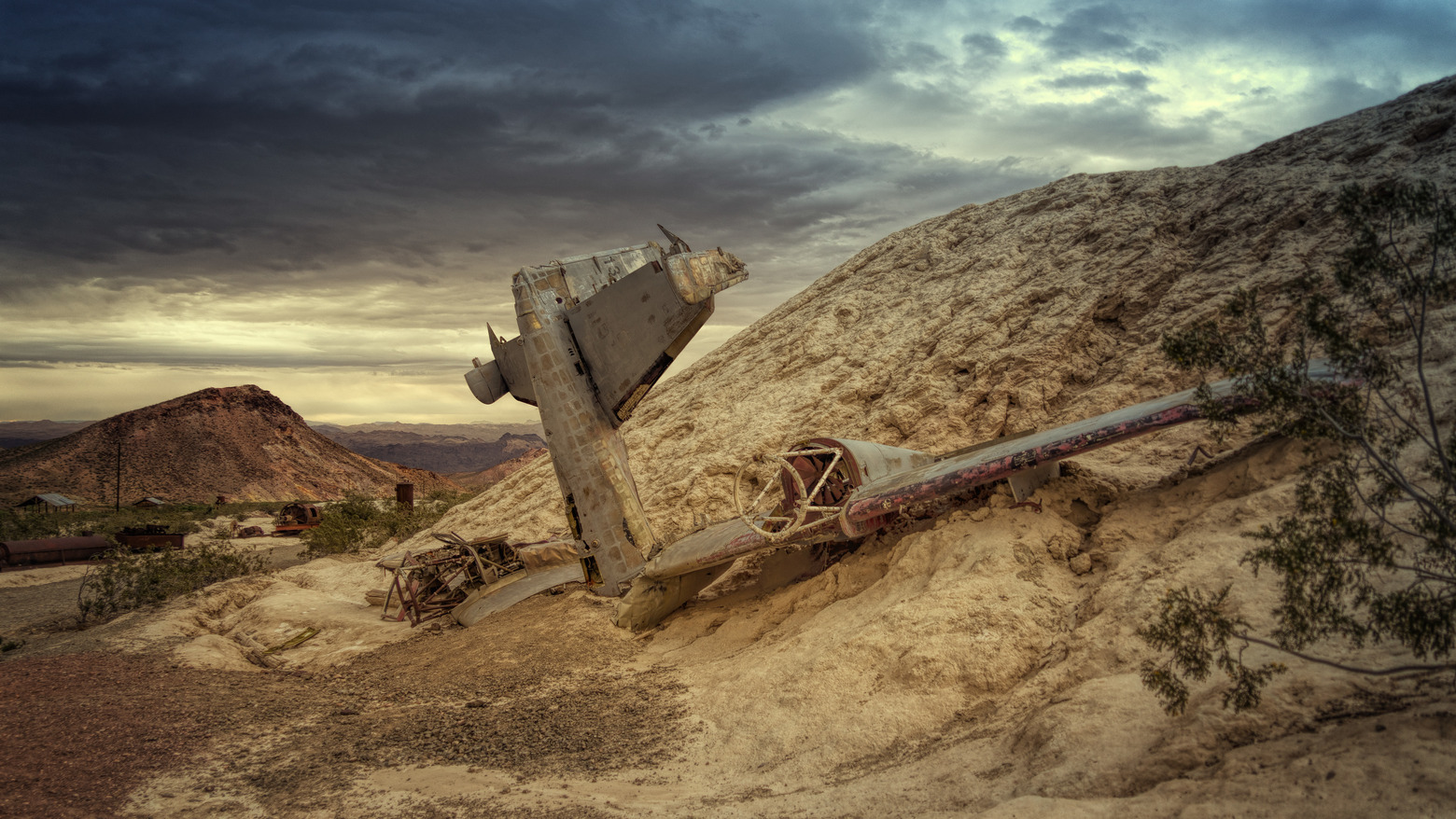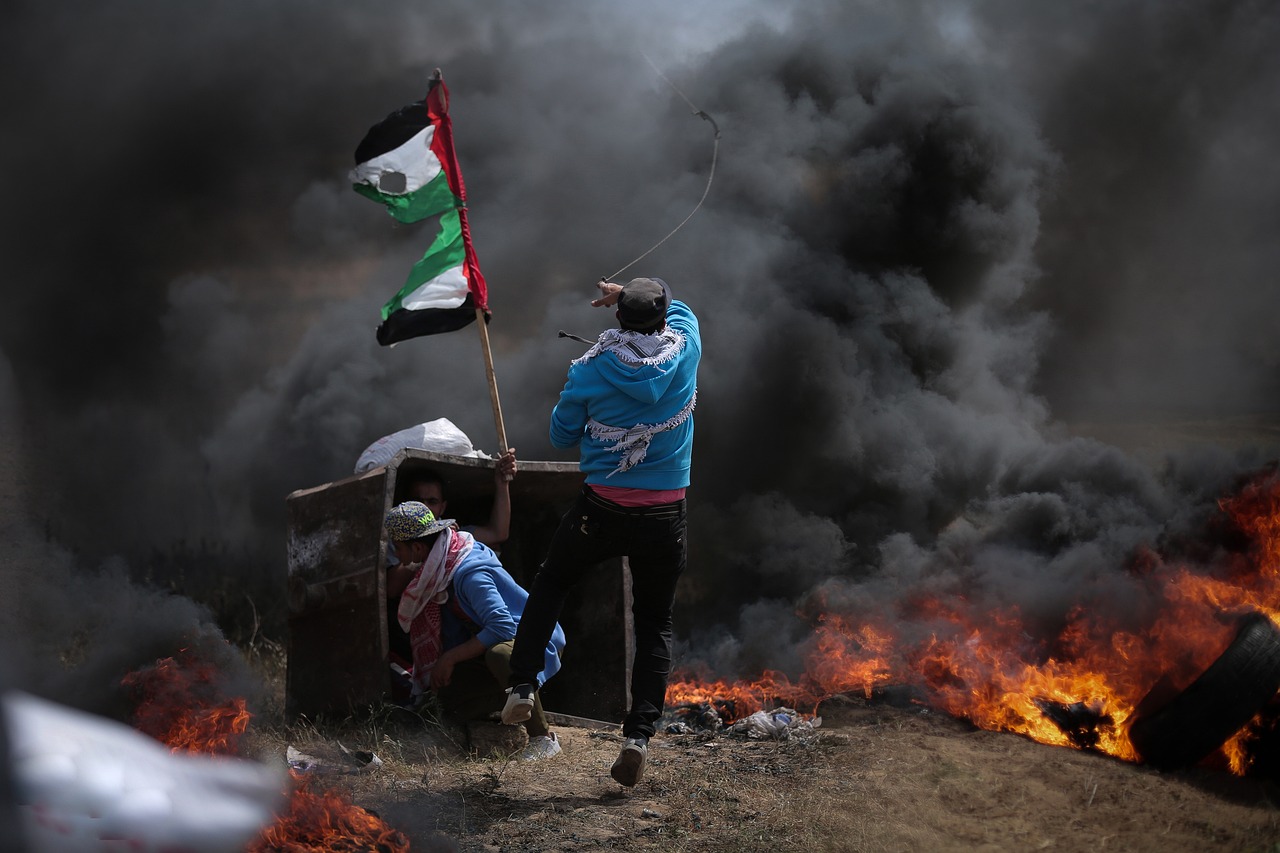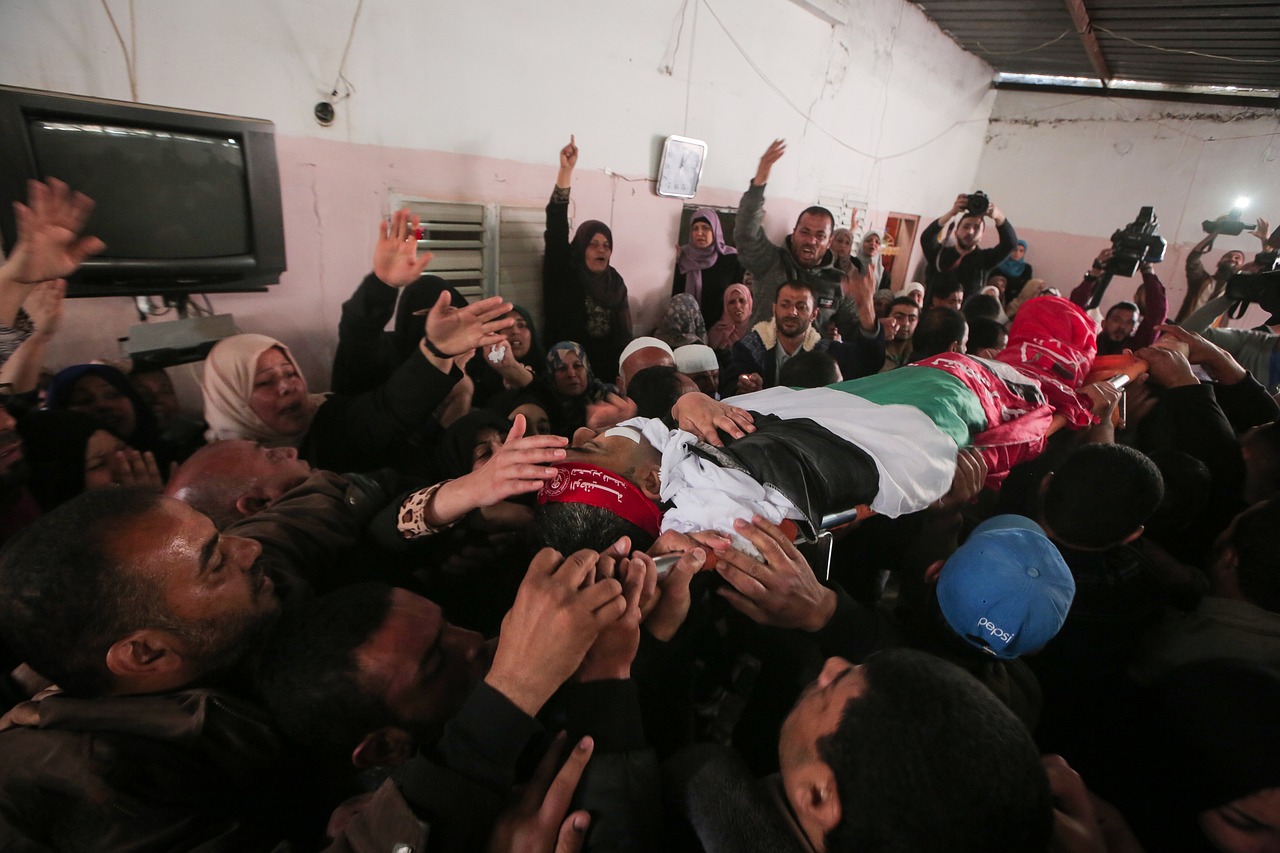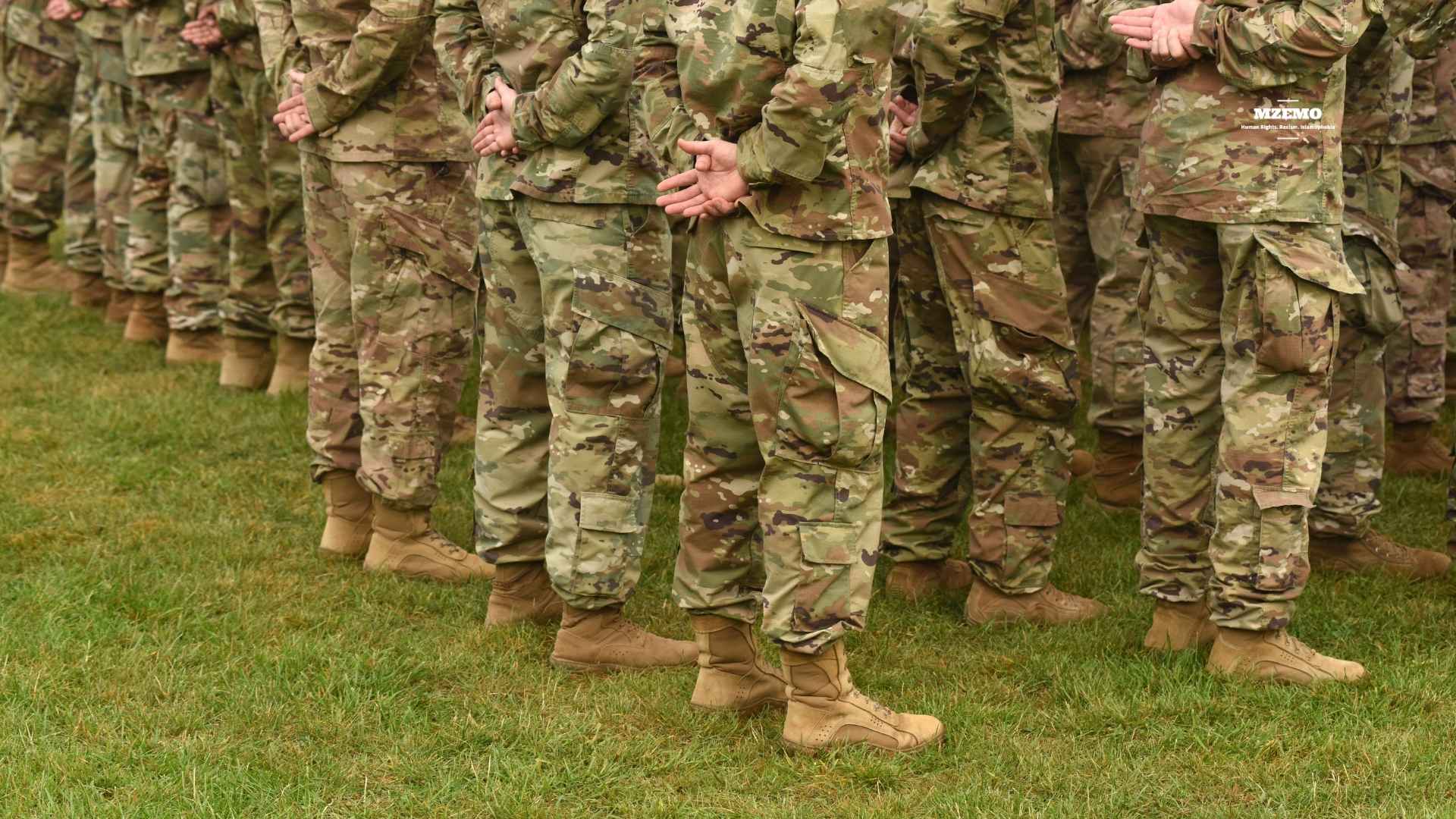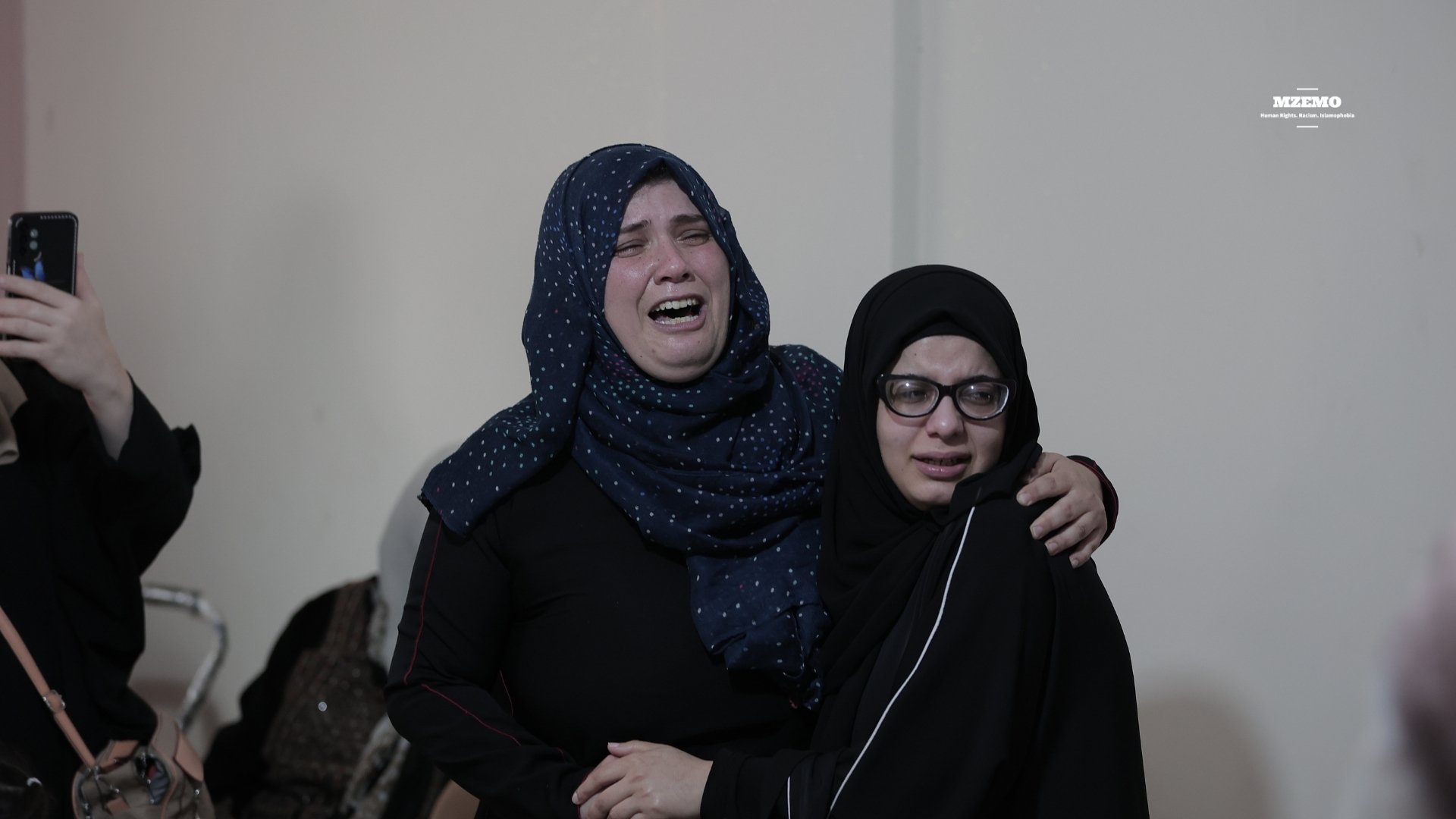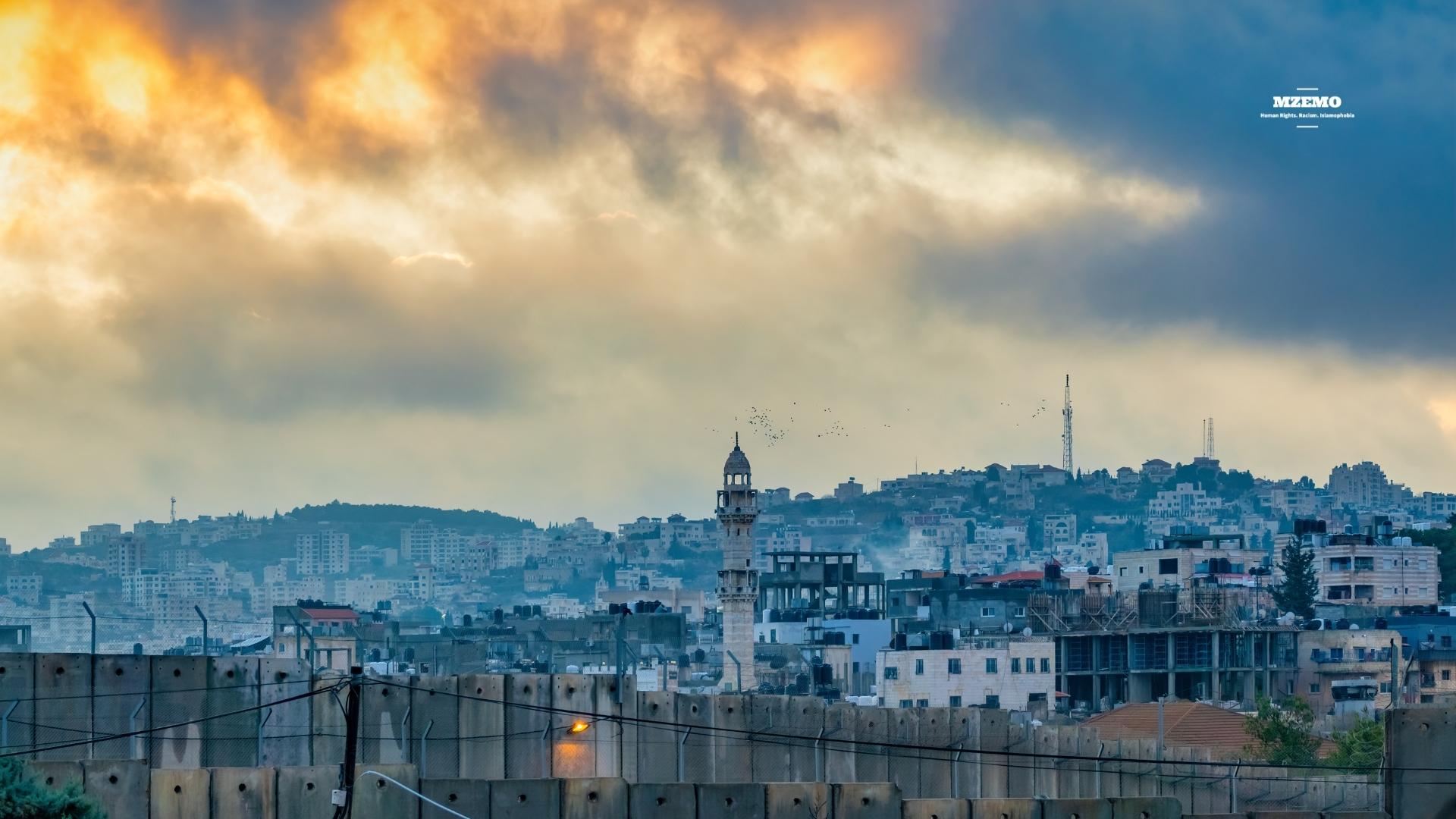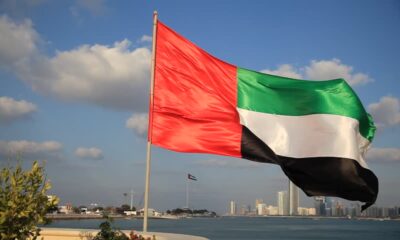For weeks now, Israel has been witnessing massive daily demonstrations protesting plans by the new openly fascist government to reform the I’s judicial system. The so-called ” judicial overhaul ” was one of stipulations reached between Israeli Prime Minister Benyamin Netanyahu and his two openly fascist Talmudic coalition partners, Itamar Ben Gvir and Bezalel Smotrich.
The two extremist ministers advocate and are pushing for the adoption of draconian Talmudic laws against the Palestinians, which would also militate against liberal secular Jews.
They want the judiciary to be subservient to the Executive Branch
The proposed judicial reform would introduce far-reaching changes to the judicial system, effectively scrapping the checks and balances which maintain the separation of powers and government branches.
The proposed Judicial overhaul in Israel seeks to curb the judiciary’s influence over lawmaking by limiting the power of the High Court to exercise judicial review.
This would grant the government control over judicial appointments as well as limit the authority of its legal advisors.
The Supreme Court is considered the last-resort tribune for redress, especially for the Palestinians in both Israel and Occupied Territories.
Read Also: In Palestine, no peace before the slate is clean
Hence the proposed weakening of the court would seriously undermine the Palestinians’ ability to obtain even a modicum of Justice in Israel and the West Bank. Moreover, the proposed Judicial overhaul in Israel could also lead to the cancellation or dilution of some basic laws related to basic human rights, civil liberties and human dignity.
If adopted, the reforms would diminish the ability of courts to conduct a judicial overhaul of some basic laws and change the makeup of the Judicial selection committees in Israel, so that control over the appointment of judges is effectively given to the government.
Moreover, the government is widely believed to have further undeclared aims, including expanding the authority of Rabbinical Courts to act as arbitrators in civil matters using religious law, if both parties consent.
The proposed Reforms would make Israel one step- closer to an obscurant Talmudic state and one step farther from being a democratic state.
US worried over the Judicial overhaul in Israel
The Biden administration seems to have little leverage on the Talmudic extremists in Israel. The administration realizes that the very survival of the current Israeli government depends on the extremists’ support.
Hence, they can do very little to return Israel to the status quo ante. On Tuesday, Biden said that he was worried about the recent events in Israel and added that the Jewish state “can’t continue down this road. “Earlier, administration officials said the President was not worried about the prospects of civil war in Israel. However, the mere allusion to civil war in America’s closest guardian-ally suggests that the US is very concerned about the latest developments.
Ben Gvir lambasted Biden for intervening in Israel’s internal affairs. He reportedly said that Israel was not an extra star on the US flag.
“The Jewish and democratic state mantra “
One of the favourite mantras routinely invoked by Israeli officials, especially when addressing a Western audience, is the mendacious claim that Israel is a Jewish and democratic state.
However, these officials, including Netanyahu, would never say which description comes first in case there is a serious clash between the “Jewish and democratic” components as clear from the ongoing developments.
The answer is abundantly clear from the current coalition government perspective: The Talmudic comes before John Milton and Thomas Moor.
Democracy must be subservient to the draconian, esoteric, and obscurant rules of the Talmud, not the other way around.
But this is anathema for millions of secular and liberal-minded Israeli Jews who fear a takeover of the country by the Orthodox Haredim, who are expected to form a plurality or majority of Israeli voters in a few decades.
These Haredim live in a world of their own and are resistant to Western ideals and ideas. Hence many Israelis dread the prospect of the ultra-Orthodox Jews reaching the helm of power in Israel.
The Judicial overhaul crisis in Israel: Existential conflict
The current showdown between the Talmudic Camp and the secular liberal camp seems existential in nature and is not expected to subside in a few months or even a few years. On the contrary, the conflict will continue to pose a serious threat to the political stability of the Jewish state.
The political class in Israel might succeed in finding a temporary compromise formula, which would be similar to reaching a fragile ceasefire agreement between two mutually suspicious enemies. However, there seems to be little real hope for reaching a lasting modus vivendi between the conflicting camps.
Liquidating the Palestinian cause is the secret beyond the current crisis in Israel
As an observer of Israeli political behaviours for 50 years, I believe that the ultimate but undisclosed goal behind the current crisis in Israel is nothing less than the planned liquidation of the Palestinian cause.
While the Palestinians are not directly involved in this inter-Jewish strife, there is no doubt that the Palestinians would bear the brunt of a possible Talumudization of the Israeli judicial system.
Liquidating the Palestinian Cause is the real ultimate goal behind the so-called “Judicial overhaul” crisis in Israel.
Why many people, including many Jews and Palestinians, do not realize that the ultimate goal behind the so-called Judicial Overhaul is the actual liquidation of the Palestinian national cause
How? The new proposed amendments would most likely consolidate and perfect the Right’s grip on power in Israel
Once this goal is secured “democratically,” in the absence of checks and balances, the newly enacted laws would be used or misused to wage a genocidal rampage against the Palestinians, aimed at massacring and terrorizing them into fleeing their homes in the West Bank and East Jerusalem exactly like what happened in 1948.
The Zionist apologists would then argue that the “sovereign Jewish democratic state” had to take this “regrettable decision to forestall the annihilation of the Jewish people.”
This is the real story behind the judicial overhaul crisis, not some banal procedural legal issues contested through an acrimonious showdown between moderates and extremists.
A few days ago while on a Paris visit, Israeli Finance Minister Smotrich, denied the very existence of the Palestinian people. He even had the audacity to display a map showing Jordan and parts of northern Saudi Arabia as parts of Israel.
Tactical Retreat
On Monday, 27 March, Netanyahu’s announced that he would delay implementing the proposed reforms following a meeting with Ben Gvir. In return, Netanyahu reportedly promised Ben Gvir., the Nazi-like firebrand terrorist minister that he would create a new military militia called the National Guard, which would supplement the army and police, particularly in tormenting and brutalizing the Palestinians.
The planned militia would be under Ben Gvir’s command.
‘We won’t fall for Netanyahu’s scam’
In reaction to Netanyahu’s announcement, 34 out 130 protest organizations, including “Black Flags” and “Crime Minister”, vowed to keep up the fight against the reforms “Yesterday we witnessed another attempt at fraud from a leader who has no scruples and is unfit to lead the country. Netanyahu will move forward towards a dictatorship after the holidays. We’re not falling for it. Lapid and Gantz do not speak for us, and we call upon them to stop this so-called negotiation immediately.” (end)
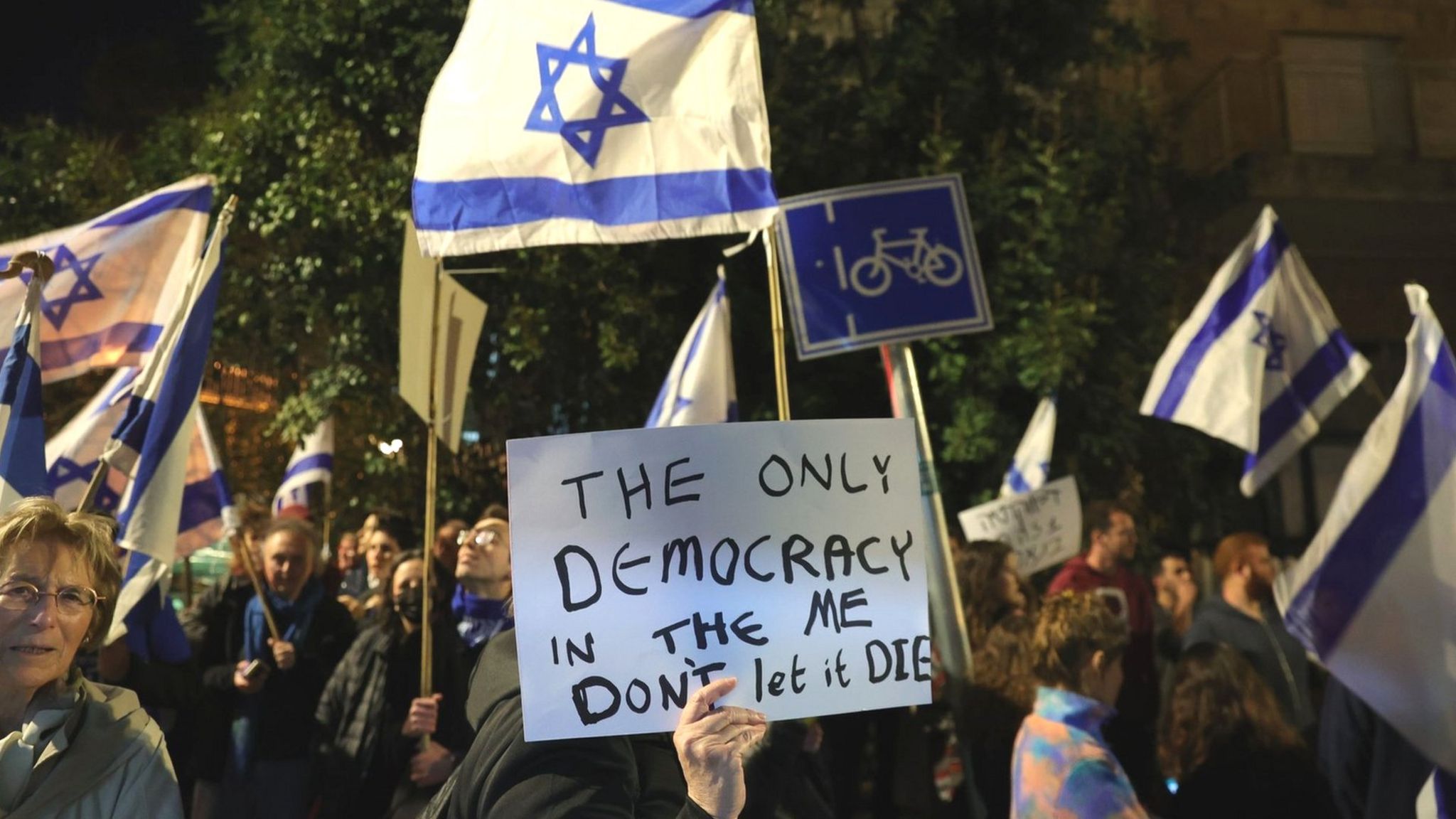

 Featured2 years ago
Featured2 years ago
 Featured3 years ago
Featured3 years ago
 Featured2 years ago
Featured2 years ago
 Featured4 years ago
Featured4 years ago
 Featured3 years ago
Featured3 years ago
 Featured5 years ago
Featured5 years ago
 Featured2 years ago
Featured2 years ago
 Featured3 years ago
Featured3 years ago


